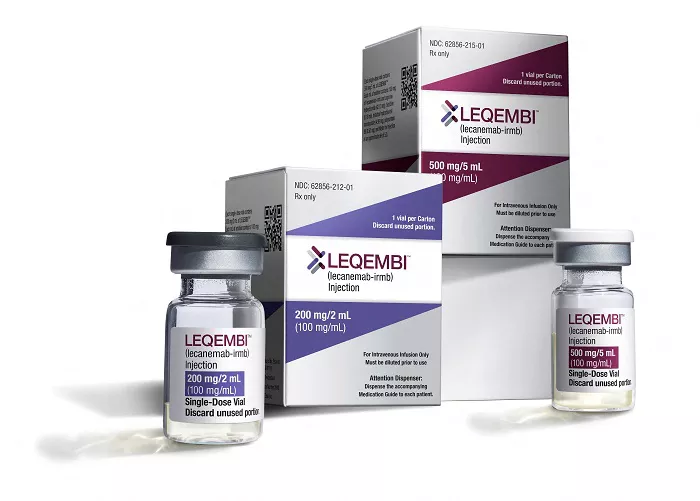A new report by Marsh McLennan reveals that less than 1% of health insurance claims in India are related to mental health, despite a growing crisis and increased awareness surrounding mental well-being in the country. The findings, which are part of Marsh McLennan’s “RiseUP for a Better Tomorrow” Mental Health Report 2025, highlight significant gaps in mental health coverage under Indian insurance policies.
In 2018, the Insurance Regulatory and Development Authority of India (IRDAI) mandated that insurers cover mental health treatment on par with physical health care. However, the report points to several continuing issues, such as exclusions for outpatient therapy, addiction treatments, and rehabilitation, resulting in high out-of-pocket costs for many individuals seeking help.
According to the report, 83% of organizations report low utilization of mental health claims, while 42% of individuals are either unaware of or lack access to mental health coverage. Only 17% of those insured have access to therapy or counseling services. Major barriers to care include affordability, with nearly half of respondents citing cost as a primary issue, and concerns about discrimination, with 48% expressing fear of stigma. Additionally, 21% of individuals struggle to find in-network mental health providers.
The report also reveals that insurance policies largely exclude coverage for addiction treatments and rehabilitation centers, further limiting access to essential services.
Sanjay Kedia, CEO of Marsh McLennan India, criticized the insurance industry for its failure to adequately address mental health coverage despite legislative support. “We need a robust network of mental health providers, expanded outpatient coverage, and the removal of exclusions for conditions like substance use disorders and self-harm-related treatments,” Kedia stated.
The report also underscores the importance of insurance reforms in ensuring mental health is treated on equal footing with physical health. Neerja Birla, founder of the Aditya Birla Education Trust, stressed the need for immediate action. “Mental health must be as accessible and affordable as physical health benefits,” Birla said. “Untreated mental health issues lead to decreased productivity, higher absenteeism, and long-term economic consequences.”
The report calls for sweeping changes in policy, urging insurers to expand coverage for therapy, teleconsultations, and rehabilitation services. It also recommends removing exclusions for substance use disorders and self-harm and advocates for increased public awareness to combat stigma surrounding mental health issues.
Experts argue that integrating comprehensive mental health coverage into insurance plans would not only support the well-being of the workforce but also contribute to building a stronger and more productive Indian economy by 2047.
Related Topics






























